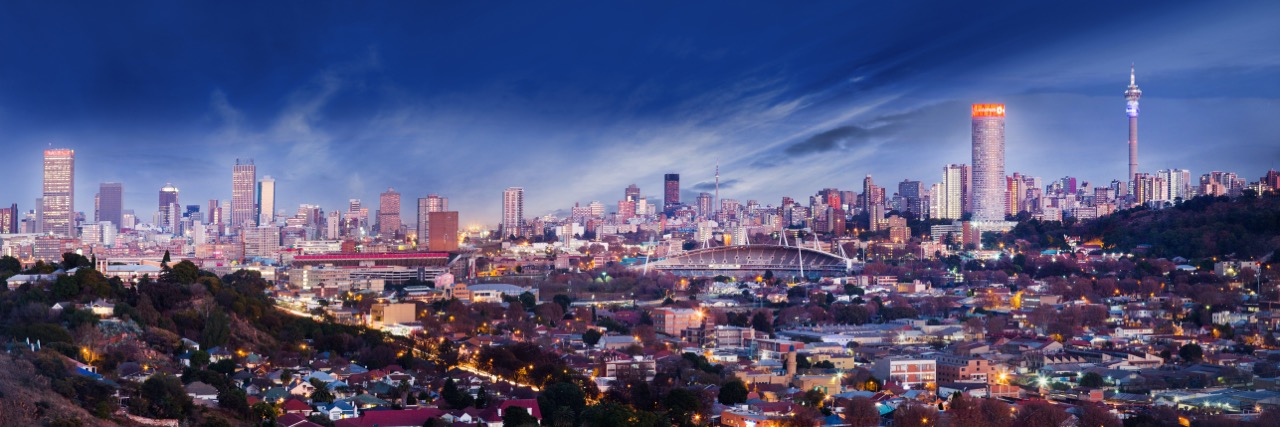Prospects for the G20’s Johannesburg Summit
The G20’s 20th regular summit in Johannesburg, South Africa – the continent’s biggest economy and democracy – on 22–23 November 2025, is highly significant. It is the first time an African country has held the G20 presidency, doing so just after the African Union became a full member of the group. Its summit will highlight Africa’s growing global economic and political importance, with some of the world’s fastest-growing economies, and a young, rapidly expanding population embracing technology and innovation. It will also emphasise that Africa suffers from climate change, widespread poverty and high debt, requiring African voices to be better heard on the key issues of sustainable growth, the digital economy and green industrialisation. It takes place during the 80th anniversary of the United Nations, at the start of the last five years to reach the struggling Sustainable Development Goals by 2030. As the 20th summit since the start in November 2008, Johannesburg marks the 20th anniversary of G20 summitry, where leaders will receive their G20@20 report that assesses their achievements and working methods and charts the G20’s future for the next 20 years.
South Africa continues the trend of democratic, emerging powers hosting the G20, as it succeeds Indonesia in 2022, India in 2023 and Brazil in 2024. It is the sixth G20 summit hosted by a member of the BRICS. It precedes the G20 presidency of the United States in 2026, which will launch the second cycle of G20 summitry. It takes place alongside the 30th Conference of the Parties to the United Nations Framework Convention on Climate Change in Belém, Brazil, to control the existential threat of climate change.
The Johannesburg Summit confronts many interconnected global challenges: wars and conflicts, climate change, pandemics, poverty, rising debt levels in poor countries, terrorism, inequality, unemployment – especially among youth – gender, migration, artificial intelligence, growing geopolitical tensions, unilateralism, nationalism, protectionism and isolationism.
Under President Cyril Ramaphosa, G20 leaders will seek to lead global governance under the summit’s key themes of ‘Solidarity, Equality, Sustainability’. Its four specific priorities are strengthening disaster resilience and response, ensuring debt sustainability for low-income countries, mobilising finance for a just energy transition, and harnessing critical minerals for inclusive growth and sustainable development.
To build a broad foundation for leaders to produce these and other priorities, South Africa mounted 24 ministerial meetings, often alongside working groups on the same subjects. They covered 18 different ministerial portfolios, led by finance and central bank governors and foreign affairs.
However, US foreign and finance ministers boycotted the opening meetings. On 5 September, President Donald Trump said he would not attend the Johannesburg Summit – the first US president to skip the summit. He could be joined by Russia’s Vladimir Putin and China’s Xi Jinping, who have missed summits before. And Trump and other leaders in the Global North are already reducing their financial support for some of South Africa’s key priorities, and the wide gulf with Russia and China remains, joined by serious divisions among G7 members themselves.
Still, the Johannesburg Summit is on track to produce a solid, worker-like performance, and could do more
to confront new shared shocks that could arise.
On the economy and finance, it is due to receive the report of the G20 Extraordinary Committee of Independent Experts on Global Wealth Inequality, and endorse the Financial Stability Board’s Implementation Monitoring Review and its G20 Cross-Border Payments Roadmap, recommendations on leveraging non-bank financial institutions and new work on NBFI data challenges.
On development and employment, it will likely endorse the Seville Commitment’s detailed blueprint to close the sustainable development financing gap and reshape the global financial system and its call to expand social protection coverage by at least 2% each year, made in July at the International Financing for Development Conference. It will also likely endorse the report of the African Panel of Experts to address impediments to growth and development in Africa, including the cost of capital and reform of international financial institutions, and the Nelson Mandela Bay Target to reduce the share of youth not in employment, education or training by a further 5% by 2030.
On digital technologies, it is due to advance the G20’s AI for Africa Initiative to accelerate implementation of the AU’s Continental AI Strategy and endorse the work of the G20 Digital Economy Working Group, the AI Task Force, and the International Telecommunication Union’s AI Skills Coalition and AI Standards Exchange.
On energy and the environment, it will likely launch the G20 Critical Minerals Framework on responsible business conduct, contract negotiations and illicit trade, and endorse the Fund for Responding to Loss and Damage, the AU Climate Change and Resilient Development Strategy and Action Plan, the work of the African Risk Capacity Group and the results of the UN Ocean Conference in Nice and the work of the International Ocean Panel.
In addition, leaders will receive the G20@20 Report, which reflects on the G20’s achievements and working methods and recommends how to ensure that the G20 remains a key global forum for international economic cooperation for its second 20-summit cycle.
It should thus provide a firm foundation on which G20 leaders can build when Donald Trump hosts the next G20 summit in Miami in December 2026.












